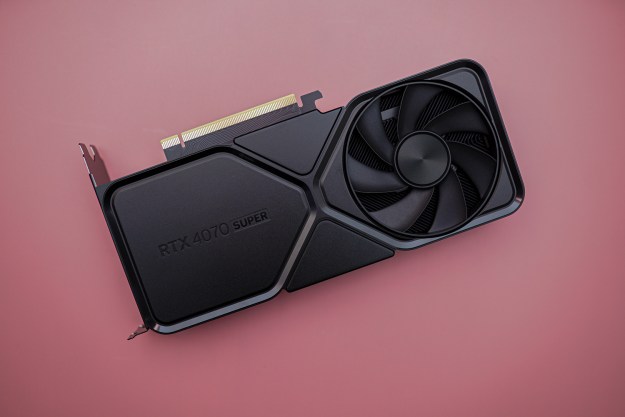The saga of melting Nvidia GeForce RTX 4090 GPUs continues, and today’s development is significant. According to inside information, Nvidia is taking the matter very seriously. As a result, it’s taking unprecedented actions to ensure that the RTX 4090s stop burning up.
Although the affected cards seem to primarily be custom versions prepared by Nvidia’s partners, the company has requested that all the cards are sent directly to the headquarters. The investigation has started.

Today’s round of juicy Nvidia information comes from Igor’s Lab. According to Igor, Nvidia got in touch with all of its add-in board (AIB) partners earlier today. The company requested that all damaged RTX 4090 cards should be sent directly to the headquarters for in-depth investigation. It’s unclear whether this refers to the manufacturers’ HQ or to Nvidia itself, but it’s clear that the company is taking a strong stance on the matter.
Igor’s Lab notes that this is a huge step for Nvidia, seemingly proving that the manufacturer is serious and wants to get this looked into properly. The first report about a melting power adapter on the RTX 4090 emerged a few days ago on Reddit, and since then, similar reports have been popping up. While the owners of an RTX 4090 are running into the issue, tech enthusiasts are purposefully putting the GPU through some heavy testing to determine what’s happening.
So far, all signs point to the fact that an improper connection can increase the temperatures to a point where the cable and the power connector sets on fire and melts. This appears to be caused by bending the 16-pin cable during the installation, which, in all fairness, is hard to avoid since the GPU is so big. Many PC cases simply don’t have room to accommodate the card and the cable without any bending.
Loose connection testing by GALAX with a 12VHPWR connector.
Loose connection = 100C+
Good connecttion = 60-70CThat's while the connector is pulling a sustained 1530W load. There's more here and it is possible that bending is not the main issue here, force contact is. pic.twitter.com/HPIRLjjVlA
— Hassan Mujtaba (@hms1193) October 26, 2022
Igor’s Lab claims that the root of the problem is the Nvidia-supplied 16-pin adapter. Igor notes that the 12VHPWR connection is not exactly the issue by itself, and repeated plugging and unplugging don’t contribute to the rising temperatures.
“The current trigger is NVIDIA’s own adapter to 4x 8-pin in the accessories, whose inferior quality can lead to failures and has already caused damage in single cases,” said Igor in his in-depth report. He then went on to describe some of the problems with the adapter, citing poor build quality as the cause.
Nvidia is yet to release an official statement on the matter, but if Igor’s Lab is to be believed, it seems to be taking steps to try to mitigate the problem. Will the GPUs need to be recalled? It’s hard to say, but let’s hope that Nvidia will shed some light on the matter soon.
Editors' Recommendations
- The RTX 4090 is more popular on Steam than any AMD GPU
- Don’t buy the RTX 3060 in 2024
- You shouldn’t buy these Nvidia GPUs right now
- The most common GPU problems and how to fix them
- The RTX 4090 is past its prime, and that’s OK




